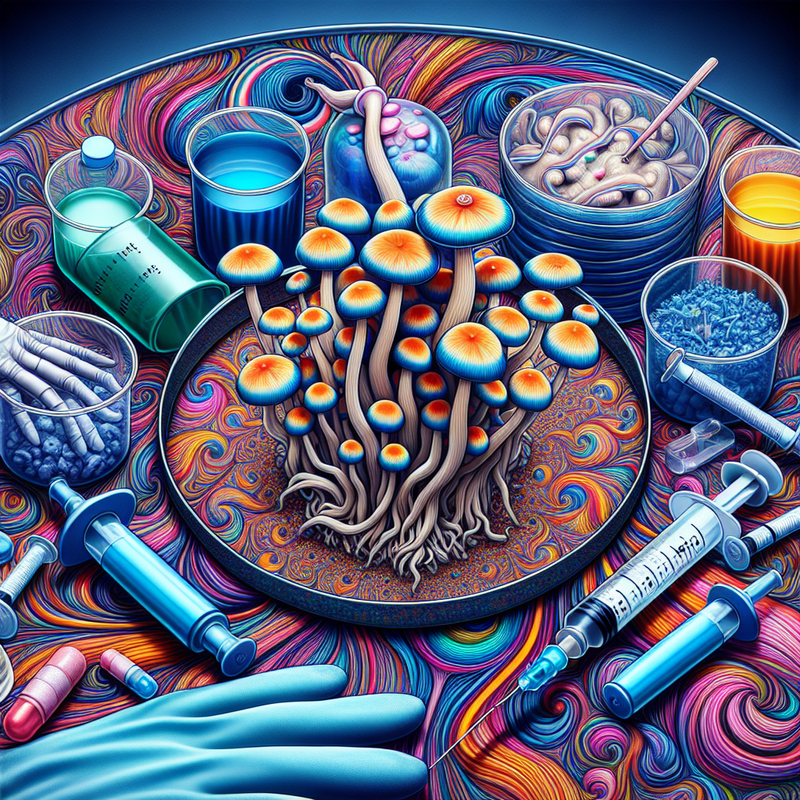The National Institutes of Health and Psychedelic Research
The National Institutes of Health (NIH) plans to dedicate a $2.4 million budget to research initiatives focused on the potential of treating methamphetamine addiction through the application of psychedelics. This decision comes in response to the sharp increase in fatal overdoses related to methamphetamine and other psychostimulants over the past years, with overdoses causing nearly five times more deaths between 2015 and 2022.
In this funding round, scholars from the University of California San Diego’s (UCSD) Center for Psychedelic Research, the Louisiana State University (LSU) Health Shreveport, and the Medical College of Wisconsin (MCW) will be recipients.
Innovative Therapeutic Strategies for Stimulant Addiction
John McCorvy, a professor at MCW and one of the funding recipients, mentioned in a press release, “presently, no pharmaceutical treatments exist for methamphetamine addiction.” He further highlighted how their investigation “might offer fresh therapeutic strategies to tackle addiction related to stimulant use, thereby transforming the lives of many individuals struggling with addiction.”
The research aims to determine if psychedelics-based treatment promises an effective method to manage methamphetamine dependency. It will also investigate the mechanisms that produce the beneficial effects of psilocybin and other entheogens, with the ultimate objective of designing drugs inspired by psychedelics capable of treating health conditions without triggering the psychedelic experimentation.
Adam Halberstadt, head of the UCSD Center for Psychedelic Research, added that “current psychedelics produce intense psychoactive effects and are prone to side-effects in some people, complicating their clinical application and limiting their broader use.”
Halberstadt shared his team’s particular interest in exploring the effects of the serotonin receptor 5-HT2A, strongly linked to psychedelic influences.
Kevin Murnane, a professor at the Louisiana Addiction Research Center at LSU Health Shreveport, underscored the pressing need to investigate new efficacious treatments for methamphetamine addiction, as current strategies primarily rely on limited efficacy of behavioural treatments.
In other areas, federal leaders have invested several years funding research for the development of psychedelic-related drugs that do not induce a psychedelic expedition. The primary objective is to dissociate the potential health advantages of entheogens from the psychedelic exploration.
Finally, McCorvy noted that grasping the role of psychedelics could “pave the way to innovative treatments” that might allow typical or even frequent usage. This effort could significantly contribute to addressing the broader rise in fatalities from methamphetamine and other psychostimulants, which astronomically soared to 34,022 deaths in 2022, as indicated by NIDA data.




